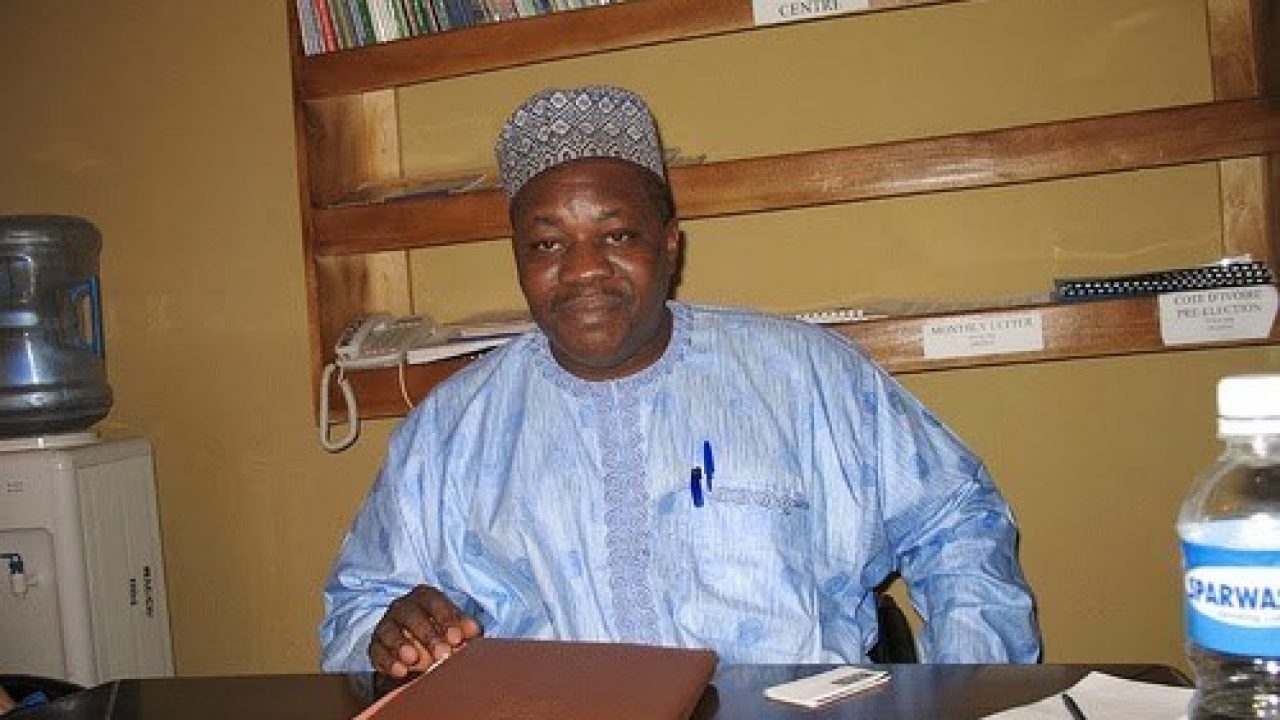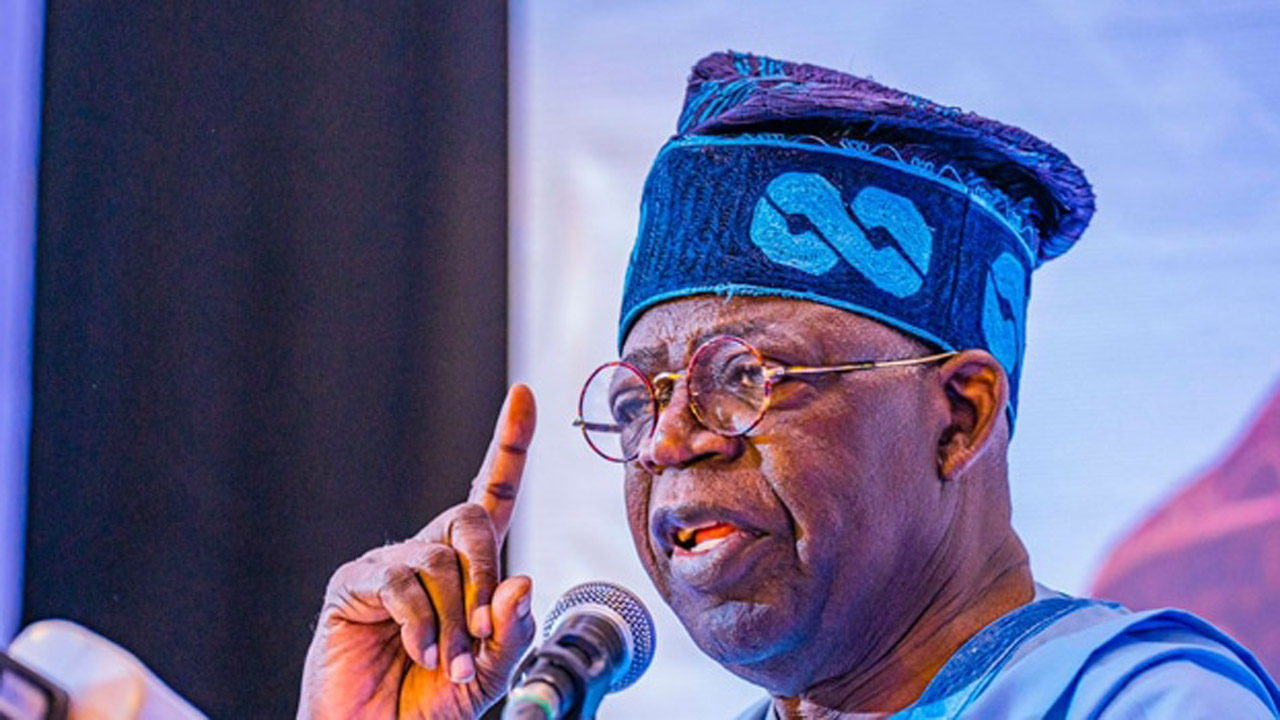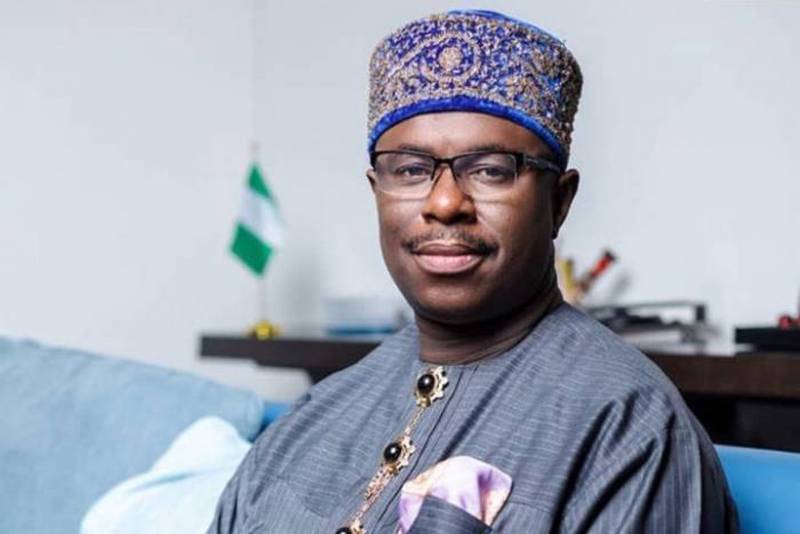VIEWPOINT: Nigeria on Edge, By Jibrin Ibrahim
Sometimes, one is forced to repeat himself over and over again simply because that is what the facts dictate. I cannot remember how many times I have prefaced my articles with the phrase that Nigeria has never had it so bad. For the umptieth time therefore, I have never seen Nigeria in such dire straits. Terrorists have surrounded our capital city Abuja, they are attacking the elite Brigade of Guards soldiers established to protect the Nation’s leaders and its inhabitants. They have freed their colleagues jailed in the Kuje Correctional Centre and they are now threatening to capture the President and Commander in Chief of the Armed Forces and no one thinks it’s a joke. A panicked Federal Capital Administration is responding by closing schools and beer gardens, which may have been discovered to be a favourite joint of Jihadi fighters. In other words, the normal for the country has arrived at the seat of power.
The economy is comatose. The prices of food and basic necessities have skyrocketed and the masses confront deep food insecurity. So many farmers are today unable to go to their farms because of fear of being kidnapped. Others have been told to pay huge taxes to terrorists to be allowed to farm and those who cannot afford to pay are running away from their villages to urban centres swelling the huge number of internally displaced persons. The prices of diesel has for the first time in the Nation’s history reached a level where even banks, supermarkets and similar institutions are closing their doors early because they cannot afford to buy enough fuel to run their generators. Nigeria is essentially broke and the great pillars of national economic destruction, the Central Bank and the Nigerian National Petroleum Corporation are fighting each other on who has primary responsibility for economic collapse and the absence of dollars to buy goods. Meanwhile, many of the political leadership and the public service are massively stealing the country’s resources, apparently with the firm belief that there is no future for Nigeria.
The summit of the country’s leadership appears to be tired and the President has announced he is waiting to go off to Daura for his retirement. Of course, it would be difficult to him to retire to Daura with bandit/terrorists gradually taking over the whole State. As the 2023 election approaches, religious mobilization has become the key marker of the campaign. Following the decision of Presidential candidate Bola Tinubu to choose a fellow Muslim as running mate, the Christian community, about half of the country, has felt alienated and marginalized. I have heard some people castigate Babachir Lawal and Yakubu Dogara for mobilizing Christians to complain about the said marginalisation. Such critics miss the point. There is profound concern within the Christian community about the emergence of a Muslim-Muslim ticket. The point is not that the position of Vice President is so important that appointing a Christian will in itself do much for that community. Refusing to appoint a Christian to the position is read as being symbolically dismissive of the entire community. The line of defence of the ruling party that their choice is simply based on competence is deepening the anger because the underlying message is that the party cannot find a competent Christian.
Nigerians as a people are deeply religious and take their religious identity seriously. They feel deeply hurt by any sign of disrespect to their religious community and that is the context that produces instrumentalization of religious beliefs for political ends. My view is that there is a large scope to mobilise Nigeria’s religious beliefs in Christianity and Islam for good governance given that both faiths stand for peace, justice, equity and honesty. My experience is that it is more rewarding to political entrepreneurs from both camps to use it as a divisive tool to generate pathways to power for themselves and their principals. Today, we are moving towards the position where political entrepreneurs are urging Muslims and Christians to only vote for people of their faith. That would be a terrible red line that could take Nigeria to the tipping point. The real leaders, those with a commitment to democracy and good governance must work extra hard to recreate the Nigeria of our national motto – UNITY and FAITH; PEACE and PROGRESS.
Meanwhile, the country is not getting sufficiently alarmed at the rate at which migration might take us even faster to the tipping point. There is massive rural-urban migration as farmers are chased out of the rural areas by bandits and kidnappers and they run to urban agglomerations where they have no means of livelihoods of capacity to sustain themselves. At some point, they are bound to explode against the entire society that has turned them into paupers and scavengers. I doubt if anybody is even studying the dynamics of this movement.
The other element of the migratory trend is the massive departure of young trained professionals to other countries. We are losing a whole generation of people the country has invested in, trained and failed to provide for. Already, it is becoming difficult to run our hospitals and clinics because so many doctors, pharmacists and nurses have left the country in the past few months. As they go off to help Europe and North America cope with their catastrophic population decline, the question that arises is if we begin to get it right, who would be available to rebuild Nigeria.
Given the situation in the country, it is difficult to blame the young generation for running off. They have read the tea leaves. In the past three weeks, two meetings of the National Security Council have been convened. At the end of both meetings, there were no decisions or resolutions taken. In other words, no one is proposing a solution to our problems. The President has just announced that the security agencies should devise new strategies to address rising insecurity. We have never had this situation where citizens feel there is a real power vacuum and no one is in charge. The future looks bleak as the political class remains locked into the same logic of ethno-religious mobilization that has blocked pathways to progress.




